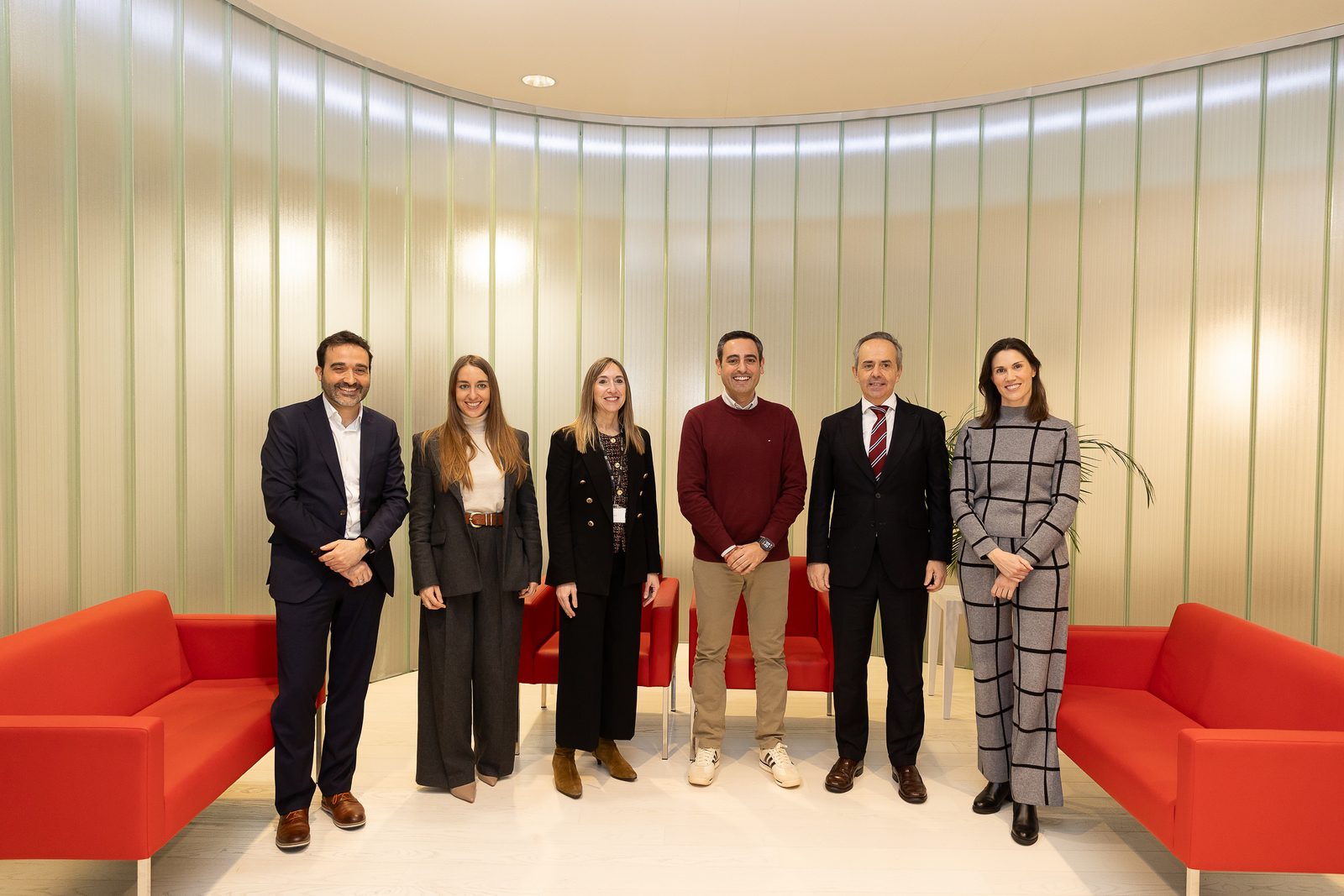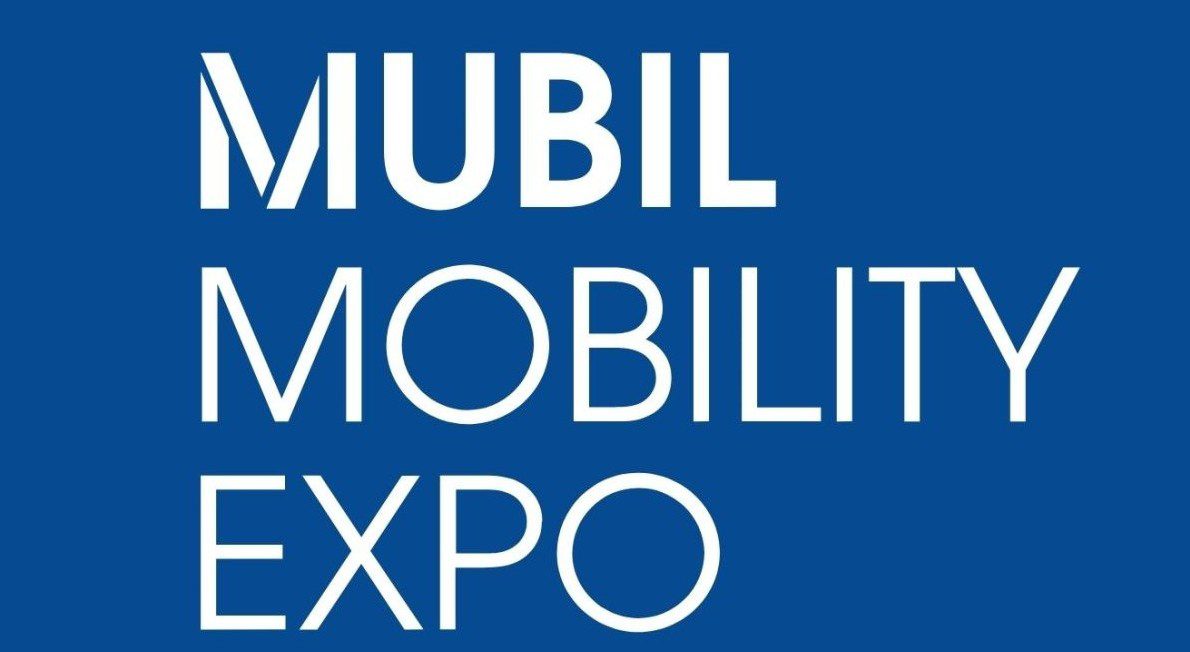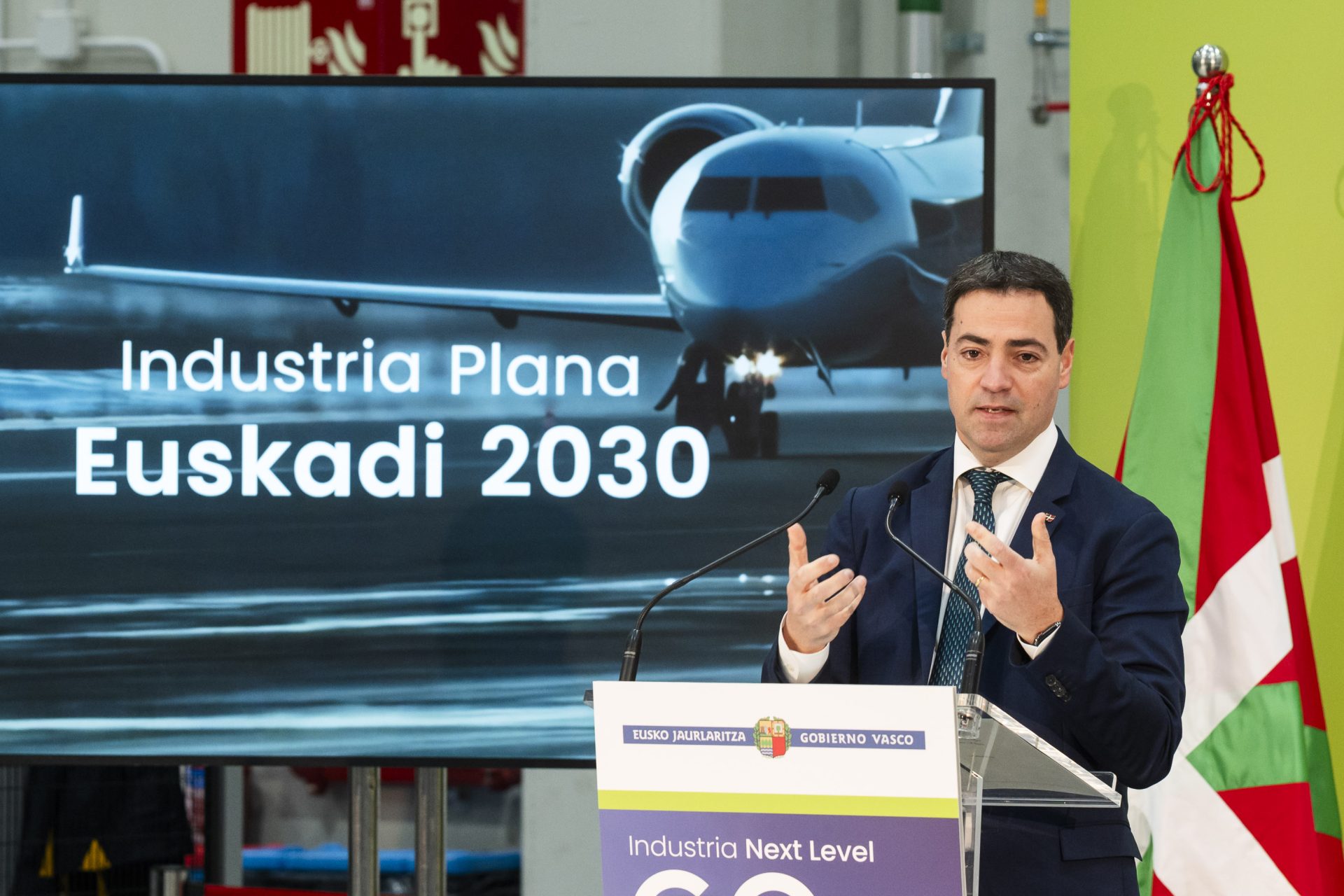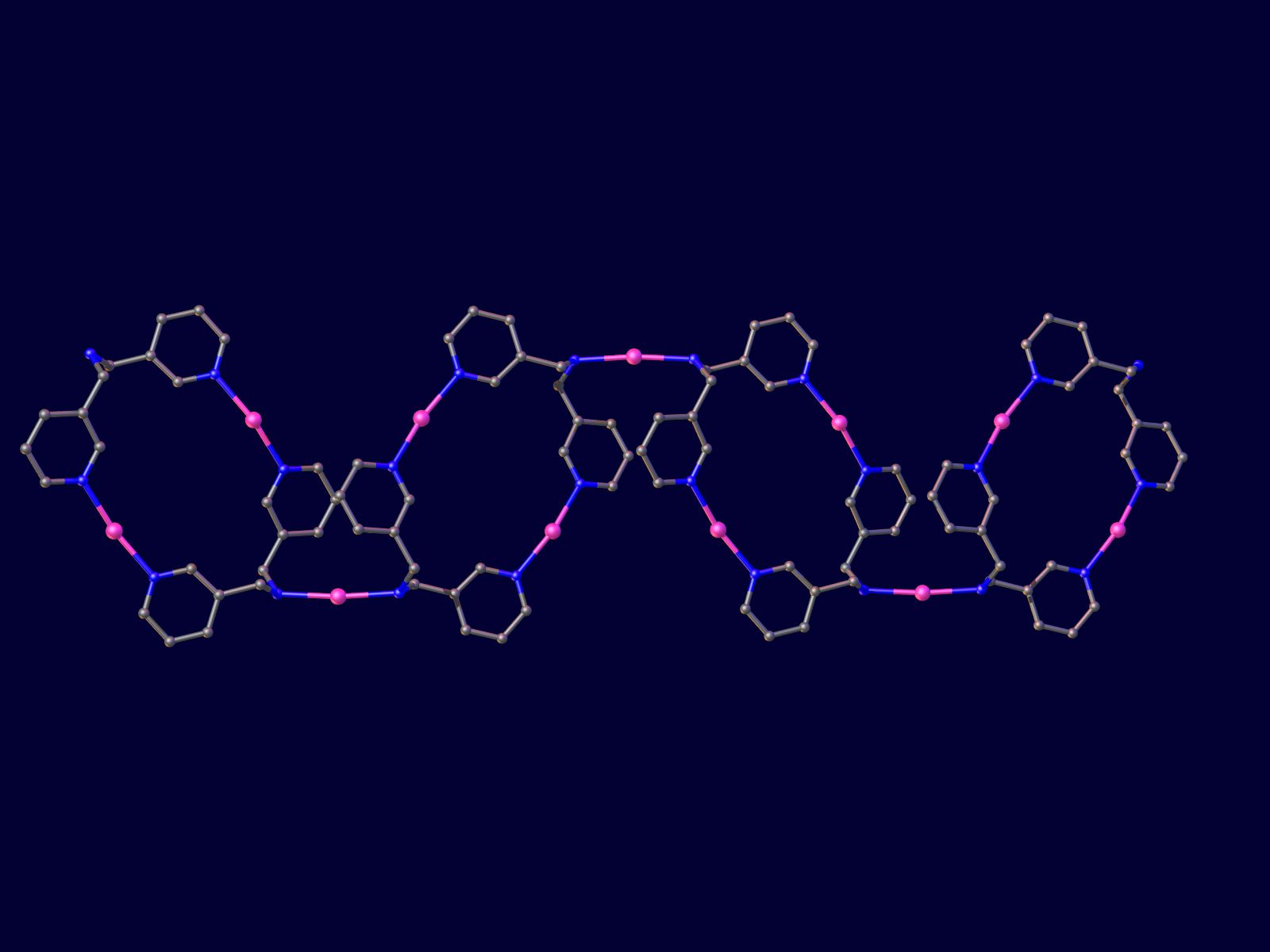TECNALIA reaches a turnover of 137 million in 2023 after increasing technology transfer to companies by 7%
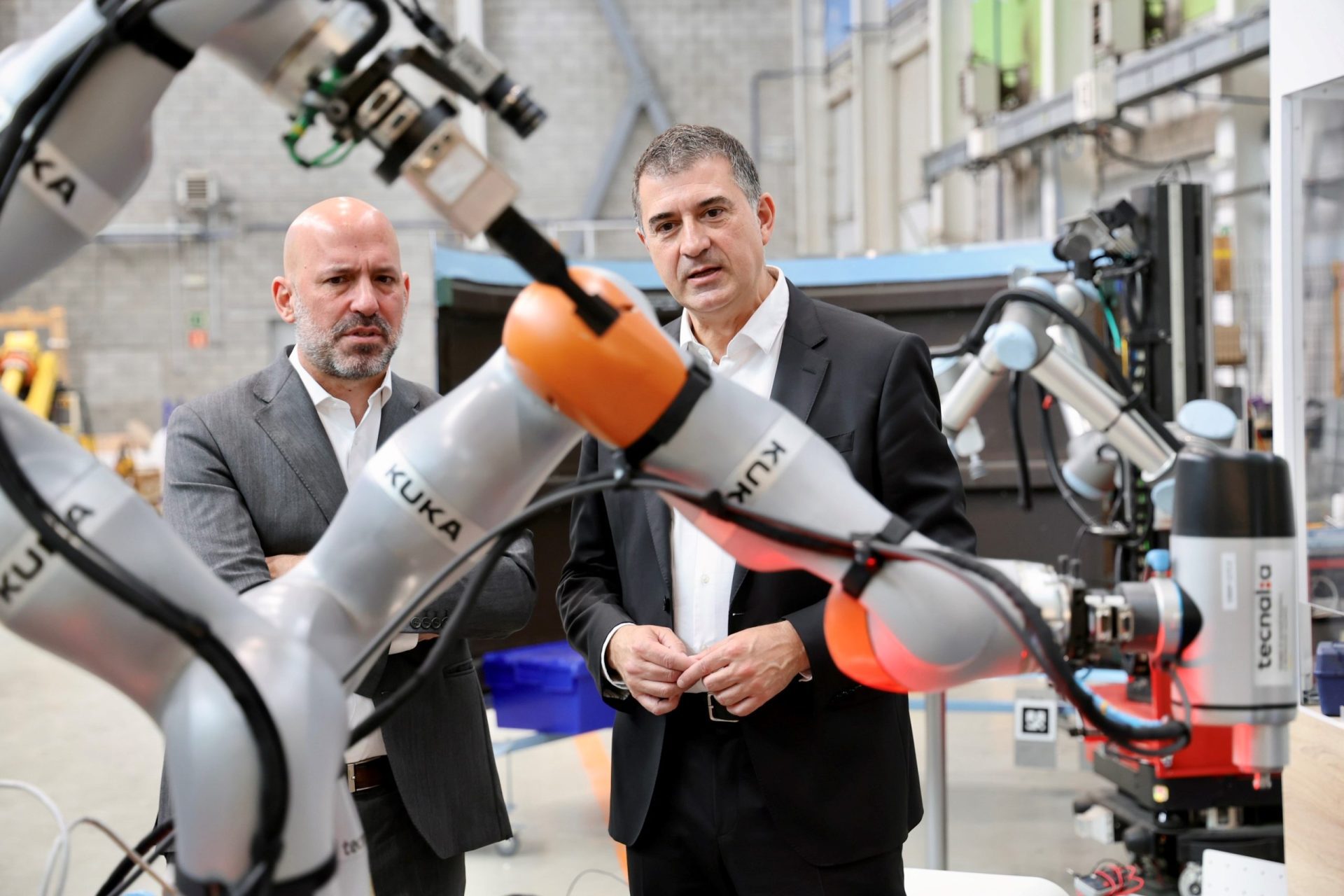
Spain’s largest research and technological development centre manages to multiply by 13 every euro of the funds it raises in research to convert it into income for the business fabric.
These figures are the result of the strategy of transferring R&D&I to companies, with the aim of having an impact on both economic and social aspects, and its activity has contributed to generating 746 million euros of GDP in the Basque Country in 2023.
By 2024, the following are set as the main technological commitments with growth potential: quantum computing, artificial intelligence, advanced manufacturing, sustainable mobility and hydrogen, with decarbonisation as a cross-cutting axis.
To this end, it will allocate 20 million euros to new developments, equipment and infrastructures, and will increase investment by 54.2% compared to 2023.
The TECNALIA research and technological development centre has reached a turnover of 137 million euros in 2023, as a result of technology transfer to the business sector. Thus, it has managed to multiply by 13 every euro it raises in research funds and convert them into income for the business fabric, thus increasing its efficiency in the transfer of technology to the environment. Specifically, this is a growth of 7.4% over the previous year and consolidates its leadership as a reference centre in R&D&I for companies.
This was announced this morning by the president of TECNALIA, Alex Belaustegui, and the director general of the centre, Jesús Valero, who stressed that “these figures are the result of the strategy of transferring R&D&I to companies, with the aim of having an impact on both economic and social aspects. TECNALIA has become a benchmark as an R&D driver and we manage to transfer this knowledge to our environment and turn it into results for companies, in the form of technological initiatives, start-ups and patents. We must bear in mind that society and companies are facing a new scenario marked by the acceleration of change, in which innovation is an opportunity to adapt and anticipate the challenges ahead. Innovation is more strategic than ever.
This efficiency in transfer means that TECNALIA has transformed the more than 46 million euros it has attracted in public funding in competitive programmes in 2023 -two thirds of which are of international origin- into projects with companies, thus converting the funds it attracts into technologies that generate wealth for the environment.
In this way, it has increased its collaboration with industry by 4% over the last financial year with the execution of new projects and there are now more than 9,800 companies with which it has worked over its 13 years of history and growth, and its activity has contributed to generating 746 million euros of GDP in the Basque Country in 2023.
Precisely in the European sphere, TECNALIA is consolidating its leadership as the leading private organisation in Spain in terms of contracting, participation and project leadership in the European Commission’s Horizon Europe programme and is ranked 15th out of 2,500 European research organisations. In the 3 years of the programme, it has obtained a total of 140 projects, of which it has led 24. In these projects, it collaborates with a total of 458 Spanish companies and organisations.
20 million euros in new investments
The president explained that “TECNALIA is a tool at the service of companies and society, and our aim is to boost economic and social impact through technological research and innovation, being agents of transformation of companies and society to adapt to the challenges of the future, such as smart manufacturing, digital transformation, energy transition, sustainable mobility, health and food, urban ecosystem and circular economy”.
To make this possible, it will allocate 20 million euros for the current financial year in new investments, equipment and infrastructures, which represents an increase in investment of 54.2%, which will be used to expand facilities dedicated to smart manufacturing, mobility and digitalisation, and laboratories for fire testing and electrical networks. Valero assures that “the capacity to invest in scientific and technological equipment is fundamental to meet our objectives. Proof of this is the hydrogen laboratory that we inaugurated last March, which provides companies with pioneering facilities in Europe to advance in the development and implementation of technologies in this field”.
TECNALIA also currently has a team of 1,520 experts, which in 2023 represented a growth of 1.3% over the previous year. This team is complemented by the 52 strategic alliances it maintains around the world with research centres and benchmark companies, a network that has increased by almost 50% with respect to 2022.
To this figure must be added a team of 104 people working in TECNALIA’s investee companies, which have achieved a 16% increase in direct jobs generated in 2023. TECNALIA has positioned itself as one of the main creators of quality employment in its environment. It should also be noted that, for every job in the centre, 7.3 jobs are maintained in the Basque Country, which means a total of 10,710 jobs maintained on average.
In the area of Intellectual Property Sales, the centre was once again among the leading organisations in Europe in terms of IPR returns and patent applications. It obtained revenues of 7.2 million euros. In addition, it has 741 patents in its portfolio and participates in 17 new deeptech start-ups, which represents a 22% increase in turnover compared to 2022, up to 9.6 million euros.
Technological excellence
2023 was the year in which TECNALIA launched its Decarbonisation Plan, which will enable it to make its direct activity carbon neutral by 2024 and extend it to the supply chain by 2030. In the words of the CEO, “this is an exercise in co-responsibility and exemplary by anticipating the ambition towards climate neutrality two decades before the time horizon set by the European Union to 2050. We must be the driving force behind a decarbonisation strategy that favours a low-carbon economy and helps us to guarantee a future.
In other areas, it is worth highlighting that on an industrial level, they have collaborated with Petronor, Sidenor, Tubacex, Nortegás and Calcinor to boost their competitiveness through: smart manufacturing, through monitoring, simulation and self-configuration systems based on digital twins and artificial intelligence; flexible, through collaborative robotics; and sustainable, with the adoption of new technologies aligned with eco-design and the introduction of advanced materials with multiple functionalities, and with circularity as a challenge.
Another of the major trends of the future is mobility, and Crisalion is working with them on remote and automated driving vehicles for the mobility of the future and to promote a safe, efficient, intelligent and sustainable sector.
In energy, they have developed an aerial robot for the maintenance and inspection of wind turbines for the offshore industry. In hydrogen, they have set up a pioneering laboratory in Donostia-San Sebastian dedicated to the development of technologies for the generation, storage, transport, distribution, use and safety of hydrogen. Currently, more than 50 projects are being carried out for the research and validation of hydrogen technologies, as well as their scaling up to accelerate their industrialisation.
In digitalisation, it develops digital technologies that can drive new businesses or generate transformations in value propositions that are initially not very digital, but with the potential to scale or diversify. This commitment has led it to collaborate with companies such as Sener, Gestamp, Maser and Norbolsa to redesign their processes and increase their competitiveness through artificial intelligence tools such as: machine learning or deep learning, advanced algorithms, intelligent optimisation, cryptography and blockchain to preserve data security and sovereignty, modelling and data science and applied descriptive, predictive and prescriptive models. It also has 5 pioneering cybersecurity laboratories, covering more than 1,000 m2, to support companies in their digital transformation strategies and facilitate the adoption of 5.0 technologies in a secure and resilient way in the face of cyber-attacks.
The new great emerging technology is quantum computing, in which TECNALIA is creating new technical developments to take advantage of the properties of quantum mechanics and implement hybrid classical-quantum models of artificial intelligence, with emphasis on quantum optimisation algorithms and machine-learning, collaborating with companies such as Quantum Mads, Elewit, Qcentroid and Ayesa.
In health, it promotes healthy ageing and the sustainability of the population through technology and innovation, with the development of new diagnostic platforms or new proposals such as the regeneration of damaged tissues through innovative 3D bioprinting techniques.
As main technological bets with growth potential for 2024, they set quantum computing, artificial intelligence, advanced manufacturing, sustainable mobility and hydrogen, with decarbonisation as a transversal axis.
